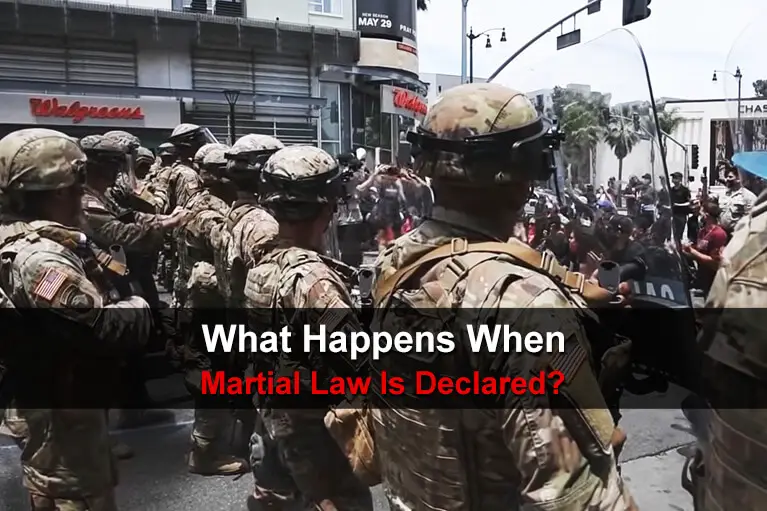

According to the Southern Poverty Law Center, white supremacist violence is again on the rise in America. The 20th century would see two revivals of the KKK: one in response to immigration in the 1910s and ’20s, and another in response to the African American civil rights movement of the 1950s and ’60s. Various chapters of the KKK still exist in the 21st century. Supreme Court declared the Ku Klux Act unconstitutional, but by that time Reconstruction had ended, and much of the KKK had faded away. In 1871, passage of the Ku Klux Act led to nine South Carolina counties being placed under martial law and thousands of arrests. In a few Southern states, Republicans organized militia units to break up the Klan. Under Article II of the Constitution, the president has no inherent authority to declare martial law except under the extreme circumstances of a rebellion or foreign invasion, said Noah Feldman, a. Most prominent in counties where the races were relatively balanced, the KKK engaged in terrorist raids against African Americans and white Republicans at night, employing intimidation, destruction of property, assault and murder to achieve its aims and influence upcoming elections.

Former Confederate General Nathan Bedford Forrest was the KKK’s first grand wizard and in 1869 unsuccessfully tried to disband it after he grew critical of the Klan’s excessive violence. Under a platform of philosophized white racial superiority, the group employed violence as a means of pushing back Reconstruction and its enfranchisement of African-Americans. The name of the Ku Klux Klan was derived from the Greek word kyklos, meaning “circle,” and the Scottish-Gaelic word “clan,” which was probably chosen for the sake of alliteration. Grant to declare martial law, impose heavy penalties against terrorist organizations and use military force to suppress the Ku Klux Klan (KKK).įounded in 1865 by a group of Confederate veterans, the KKK rapidly grew from a secret social fraternity to a paramilitary force bent on reversing the federal government’s progressive Reconstruction Era-activities in the South, especially policies that elevated the rights of the local African American population. Martial law was declared for these reasons: Twice for war or invasion, seven times for domestic war or insurrection, eleven times for riot or civil unrest, 29 times for labor dispute, four times for natural disaster and. With passage of the Third Force Act, popularly known as the Ku Klux Act, Congress authorizes President Ulysses S. Throughout history, martial law has been imposed at least 68 times in limited, usually local areas of the United States.


 0 kommentar(er)
0 kommentar(er)
